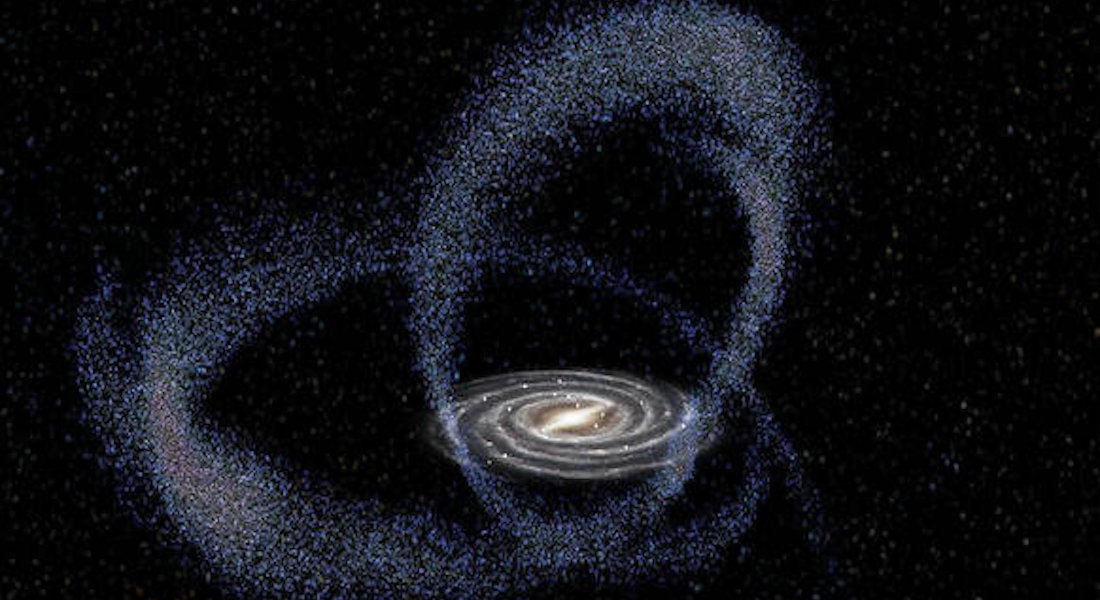Sarah Pearson receives an ERC starting grant
Assistant Professor, Sarah Pearson, has been awarded an ERC starting Grant from the European Commission. The prestigious ERC Starting Grants are awarded based on innovative and groundbreaking research ideas and are given to exceptionally talented young researchers with between two and seven years of experience after the PhD-degrees.

With this ERC Starting Grant, Sarah Pearson will investigate the nature of dark matter, which makes up more than 80% of the matter in the Universe, through statistical model-to-data comparisons between theoretical predictions from various dark matter candidates (cold, warm, wave-like, self-interacting) and stellar stream data. Stellar streams form when a small galaxy or a cluster of stars is tidally torn apart due to an underlying galactic potential, leaving behind a swath of thousands of stars that exhibit coherent, ordered motion within their host galaxies.
Stellar streams reveal the accretion histories and hierarchical structure formation of galaxies. Stellar streams are also sensitive to the distribution of dark matter and to the population of dark matter subhalos in galaxies, both of which depend on the mass and interactions of the dark matter particle. Sarah Pearson's project provides an innovative method for mapping the otherwise invisible dark matter, and her research will constrain statistical properties of the nature of dark matter.
The grant, of 1.67 million Euro, will allow Sarah to hire two post-doctoral researchers and two PhD-students, who will work under her guidance for the next five years at the Niels Bohr Institute.
Read more about Pearson’s new Extragalactic Streams Group at DARK here>>
